Bringing your pet in to receive their vaccinations every year may seem like a hassle, but being proactive about your pet’s health could save your pet’s life and keep your pocketbook from being overtaxed. Our team at El Paso Animal Hospital would like to explain why vaccines are so important to your pet’s well-being and tell you which vaccinations are recommended.
Why should I vaccinate my pet?
Vaccines train your pet’s immune system to create proteins called antibodies that fight disease. Typically, these antibodies would form if your pet became sick, but vaccines provide protection without making your pet ill. Reasons why you should ensure your pet regularly receives recommended vaccinations include:
- They prevent many pet illnesses.
- They help you avoid paying for expensive treatments for preventable diseases.
- They prevent diseases that can be passed between animals and people (i.e., zoonotic diseases).
- They may be required by local or state ordinances.
When should my pet be vaccinated?
Puppies and kittens receive immune protection from their mother when they are born, but this protection gradually wanes as they age. Your puppy or kitten should begin receiving vaccines at about 6 weeks of age, and they should have a booster shot every three to four weeks after that until they are 16 weeks old. Thereafter, most vaccines require yearly booster shots.
What is El Paso Animal Hospital’s routine preventive recommendation for dogs?
Our veterinary professionals strive to keep your dog as healthy as possible. In addition to testing your dog for heartworms every year, we recommend and provide vaccines for the following diseases:
- Distemper — Canine distemper is a highly contagious viral disease that also can be carried by wild animals, including coyotes, foxes, skunks, and raccoons. Transmission occurs through aerosol droplets created when an infected animal coughs, sneezes, or barks. This disease attacks the respiratory, gastrointestinal, and central nervous systems. Signs include fever, lethargy, nasal and eye discharge, vomiting, and diarrhea.
- Hepatitis — Other members of the canine family, such as the fox and coyote, can carry this viral disease. Transmission occurs by contact with infected nasal secretions, eye discharge, or urine. Signs include fever, lethargy, increased thirst, and bruising or bleeding abnormalities.
- Parainfluenza — This highly contagious viral disease is spread easily by dogs in group housing and in social situations. Transmission occurs through an infected dog’s aerosol droplets. Signs include a dry, harsh cough and nasal discharge. The pathogen causes damage to the lung lining, resulting in higher risk for secondary infections.
- Parvovirus — Puppies are extremely susceptible to this highly contagious virus that is spread by contact with infected feces. The virus attacks the gastrointestinal tract, causing vomiting and severe diarrhea.
- Bordetella — This bacterial infection is easily spread by dogs in group housing and in social situations. Transmission occurs through respiratory droplets. Signs include a loud, honking cough, nasal discharge, lethargy, and fever.
- Rabies — This deadly viral infection is spread by an infected animal’s bite. Wild animals such as skunks, raccoons, and bats can carry this disease. Signs include excessive drooling, fever, muscle spasms, lack of coordination, and paralysis. Once signs occur, the disease is almost always fatal.
- Leptospirosis — This bacterial infection is spread by contact with an infected animal’s urine. Dogs who swim or drink from natural water sources or who frequently have contact with livestock, wild animals, and rodents are at the highest risk. Signs include fever, lethargy, jaundice (i.e., yellowish tinge to eyes and mucous membranes), and increased thirst and urination.
- Coronavirus — This is a highly infectious intestinal infection, especially in puppies. Transmission occurs by contact with infected fecal matter. Signs include diarrhea, lethargy, and decreased appetite.
What is El Paso Animal Hospital’s routine preventive recommendation for cats?
Your cat’s health is extremely important to us so we recommend and provide vaccines for the following diseases:
- Rabies — This viral disease can affect cats as well as dogs, and, if infected, your cat will likely not survive.
- Feline leukemia — This viral disease is the second leading cause of death in cats. The pathogen suppresses the immune system, preventing a cat from fighting off other infections. Transmission occurs through contact with infected saliva and blood. Signs include fever, enlarged lymph nodes, weight loss, and chronic bladder, skin, and respiratory infections.
- Feline rhinotracheitis — This herpes virus is spread by contact with an infected cat’s saliva, or eye or nasal discharge. Signs include sneezing, nasal discharge, and conjunctivitis.
- Feline calicivirus — This viral disease is spread in the saliva, nasal secretions, and eye discharge of an infected cat. Signs include sneezing, nasal discharge, conjunctivitis, and ulcers in the mouth.
- Feline panleukopenia — This viral disease is spread by contact with infected urine, feces, or nasal secretions. Signs include fever, lethargy, vomiting, diarrhea, and nasal discharge.
Are vaccines safe for my pet?
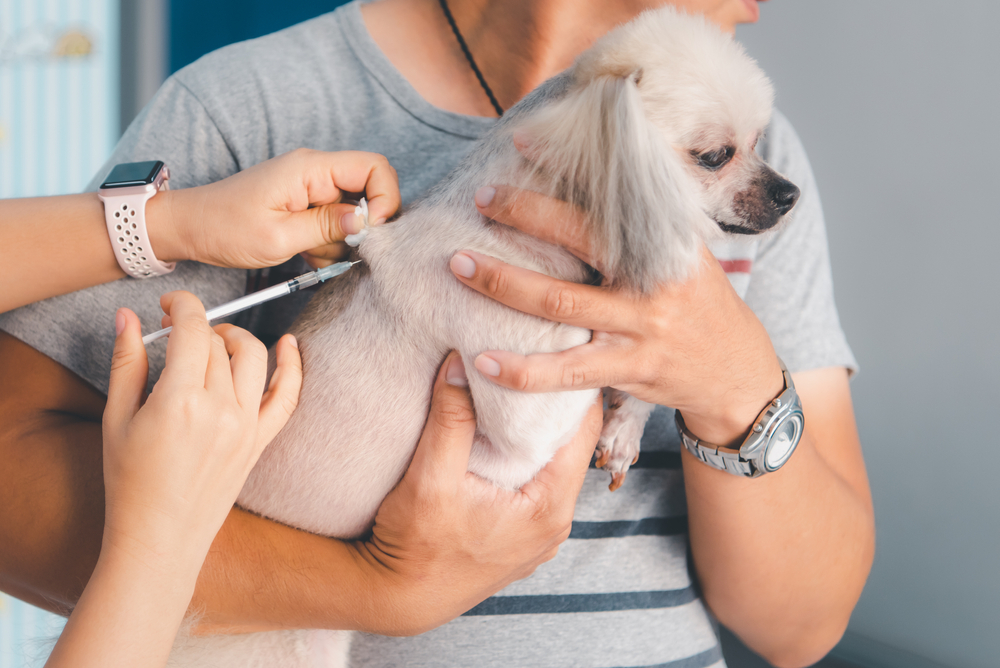
The benefits your pet receives from being vaccinated far outweigh the risks. Common mild side effects include discomfort or swelling at the injection site, mild fever, decreased appetite, and possible lethargy. These signs usually disappear in a few days. Other less common side effects, such as allergic reactions, can occur minutes to hours after vaccination. Always tell your veterinary professional if your pet has previously had a reaction to any vaccine or medication.
Vaccines protect your pet from contagious and deadly diseases, improve their overall well-being and ensure they can live a long, healthy life as your companion. Our veterinarians are happy to answer any questions or concerns you have regarding your pet’s vaccines. If you are ready to have your pet vaccinated, visit us today at El Paso Animal Hospital.


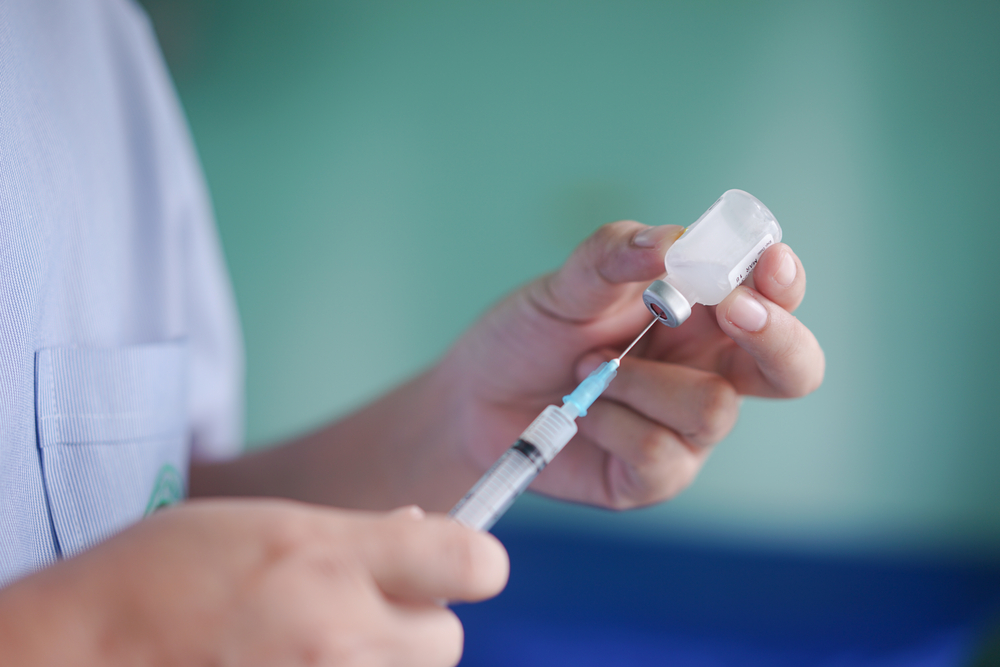
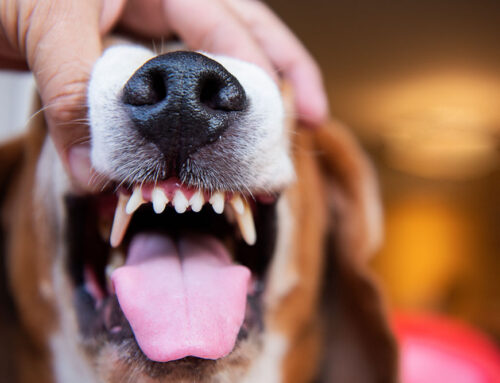

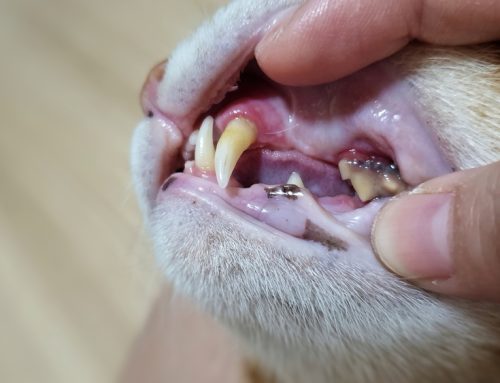
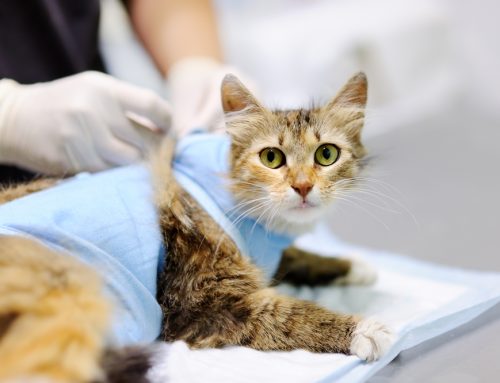


Leave A Comment